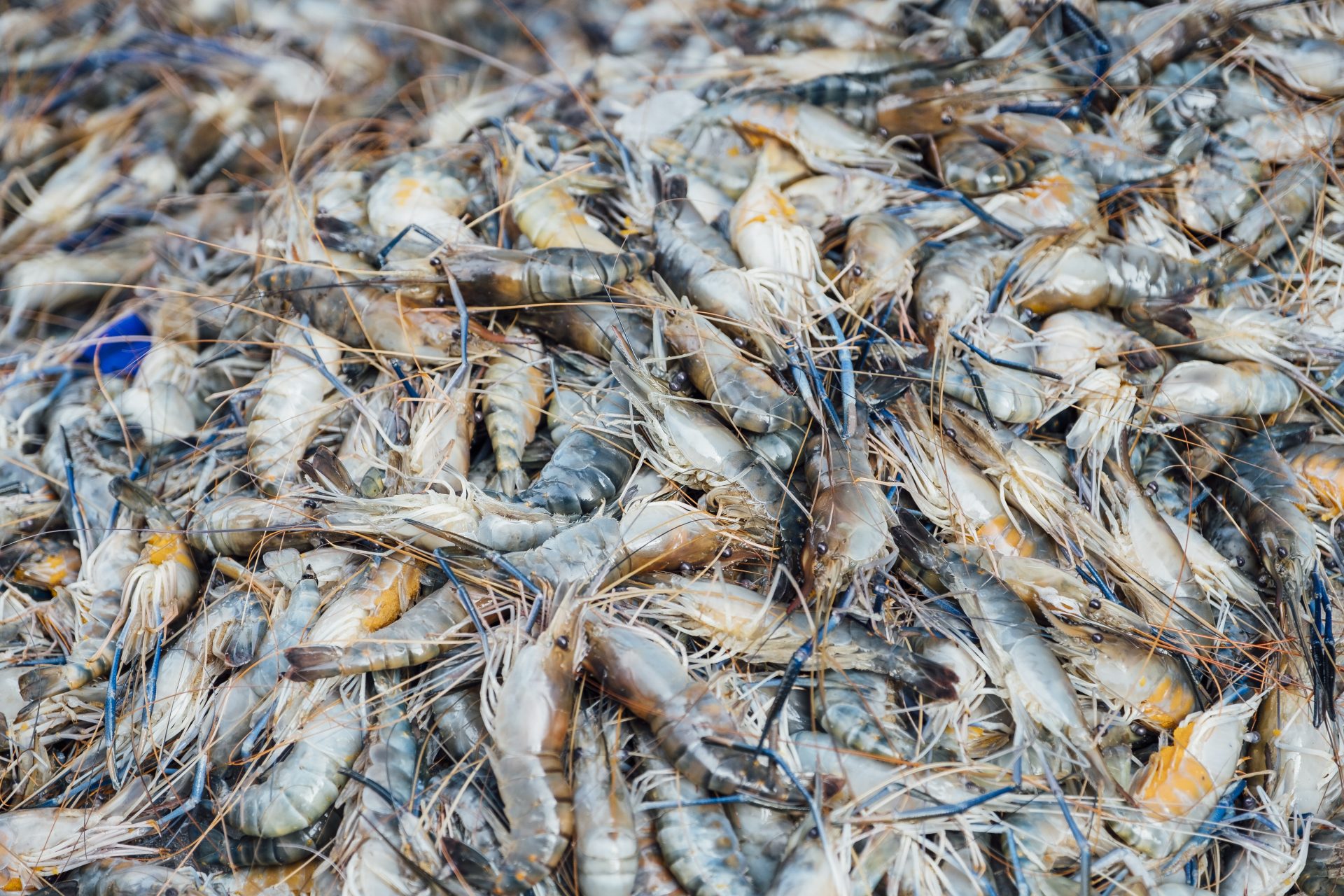During the first eight months of 2025, Ecuador experienced a structural shift in its foreign trade. Total exports reached USD 24.4 billion, reflecting 7.7% growth year-over-year. Much of this expansion came from the aquaculture sector, particularly shrimp, while oil has become a drag on export performance.
Shrimp sales totaled USD 5.56 billion, an 18.6% increase compared to the previous year, surpassing oil for the first time as Ecuador’s top export product. In the same period, oil exports fell to USD 5.26 billion, marking a sharp annual decline.
Industry data reinforce shrimp’s performance: in the first half of 2025, Ecuador exported just over 719,000 metric tons, a 17% increase from 2024, generating about USD 3.79 billion. May 2025 set a monthly record, with 131,000 to 151,000 tons exported and revenues of USD 660–785 million, driven by growing demand from the European Union and the United States.
In contrast, Ecuador’s oil sector faces a critical situation. As of September 2025, crude output averaged 468,000 barrels per day, one of the lowest levels in over a decade. Reduced extraction, well closures, and infrastructure failures have all contributed to this decline.
This shift carries major logistical and trade implications. As Ecuador becomes less dependent on oil, it reduces its exposure to the volatility of global energy markets and opens space for more stable value chains, such as aquaculture. However, this transition demands significant operational adjustments: shrimp, unlike oil, requires cold storage, rapid shipments, specialized packaging, and strict temperature control. Logistics firms and port operators must adapt by upgrading infrastructure, optimizing export processes, and anticipating the higher volume of refrigerated and frozen containers.
To capitalize on this new scenario, the strategy is clear. Ecuador should strengthen relationships with large-scale shrimp producers, secure efficient export routes to the U.S. and Europe, enhance traceability and compliance with sanitary standards, and improve reverse logistics to minimize losses along the supply chain. Diversification toward other export products can come later; the priority is ensuring that the new leader of Ecuador’s export portfolio operates seamlessly.
In short, shrimp overtaking oil is more than a symbolic milestone, it signals a paradigm shift toward a more sustainable, specialized, and less oil-dependent export economy. For logistics operators, transport providers, and exporters, the message is clear: adapt now. The supply chain, from docks to containers, must be ready to sustain Ecuador’s new era of export leadership.


